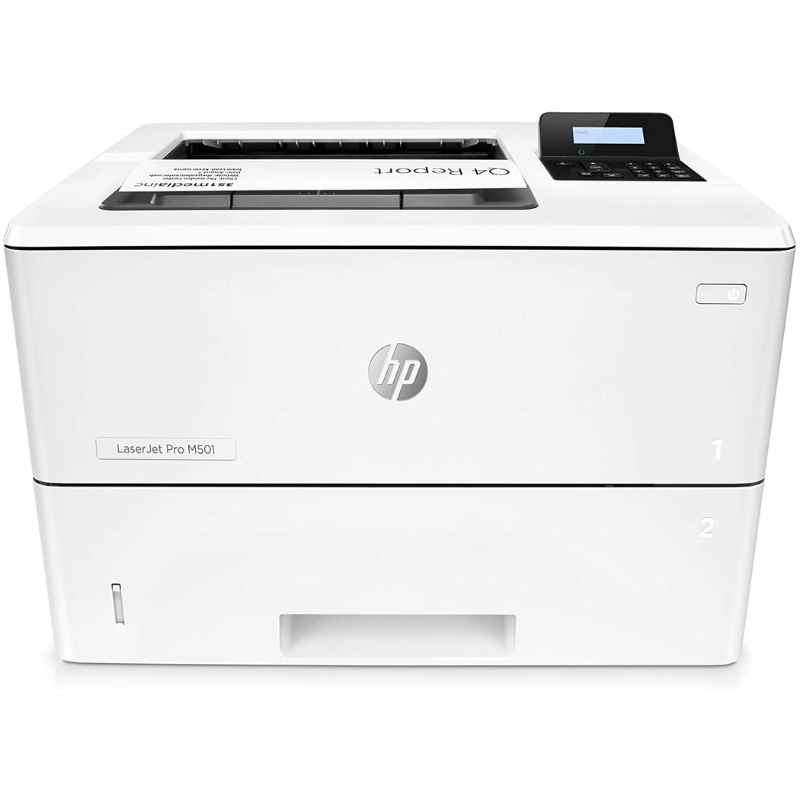In the ever-evolving landscape of printing technology, the choice between inkjet and laser printers often sparks debate among consumers, particularly those who print infrequently. While inkjet printers have long been the go-to option for casual users, laser printers are increasingly being recognized for their advantages in specific scenarios. This article delves into the nuances of laser printers, examining whether they truly are the better option for infrequent use.
Understanding the Basics: Inkjet vs. Laser Printers
Before we dive into the specifics, it’s essential to understand the fundamental differences between inkjet and laser printers. Inkjet printers operate by spraying tiny droplets of liquid ink onto paper, making them ideal for high-quality color prints and photographs. Conversely, laser printers utilize a laser beam to transfer toner onto paper, resulting in sharp text and graphics, particularly for black-and-white documents.
Longevity and Maintenance: The Case for Laser Printers
One of the most significant advantages of laser printers for infrequent users is their longevity and lower maintenance requirements. Inkjet printers are notorious for their tendency to clog when not used regularly. The ink can dry out, leading to poor print quality and the need for costly replacement cartridges. In contrast, laser printers use toner, which is a dry powder that does not dry out in the same way. This means that even if a laser printer sits idle for weeks or months, it is less likely to suffer from performance issues.
Cost Efficiency Over Time
While the initial purchase price of a laser printer may be higher than that of an inkjet, the long-term cost efficiency is a crucial factor for infrequent users. Laser printers generally have a lower cost per page due to their high-yield toner cartridges. For users who print sporadically, the savings on toner can quickly offset the initial investment. Additionally, the durability of laser printer components often translates to a longer lifespan, further enhancing their cost-effectiveness.
Print Quality and Speed
For users who prioritize print quality, particularly for text-heavy documents, laser printers excel. They produce crisp, clear text and are particularly efficient for bulk printing tasks. Infrequent users who occasionally need to print reports, contracts, or other professional documents will find that laser printers deliver superior results compared to inkjets, which may struggle with text clarity after periods of inactivity.
Moreover, laser printers are typically faster than inkjet printers, making them a practical choice for those who need to print documents quickly when the need arises. This speed can be particularly beneficial for infrequent users who may not want to wait for an inkjet to warm up or clear print heads.
Environmental Considerations
In recent years, environmental sustainability has become a significant concern for consumers. Laser printers, while traditionally viewed as less eco-friendly due to their energy consumption during operation, have made strides in energy efficiency. Many modern laser printers come equipped with energy-saving features that reduce power usage during idle periods. Additionally, the longevity of toner cartridges means less waste compared to the frequent disposal of inkjet cartridges, which can contribute to environmental pollution.
Conclusion: The Verdict on Laser Printers for Infrequent Use
In conclusion, while both inkjet and laser printers have their merits, laser printers emerge as the superior choice for infrequent users. Their resilience against clogging, cost efficiency over time, superior print quality, and faster operation make them an ideal solution for those who do not print regularly. As technology continues to advance, laser printers are becoming increasingly accessible and user-friendly, making them a compelling option for anyone looking to invest in a reliable printing solution.

